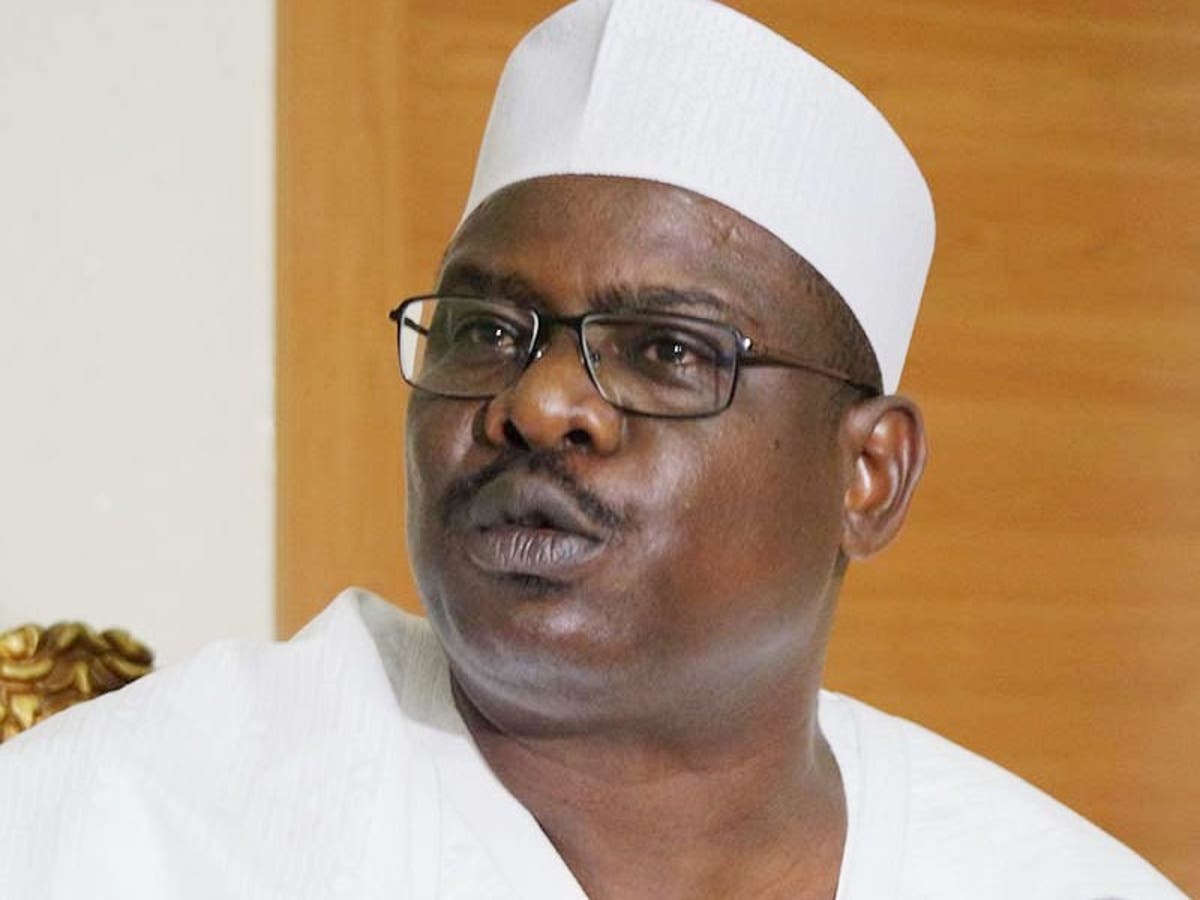Senator Mohammed Ali Ndume, Chief Whip of the Senate and representative of Borno South in the upper legislative chamber, has faulted the recent surge in electricity tariffs.
He criticized the timing, saying Nigerians were still reeling from the removal of fuel subsidies.
The Nigerian Electricity Regulatory Commission (NERC) approved a significant 300% increase for Band A consumers, allowing power distribution companies to raise rates from N68 to N225 per kilowatt-hour effective April 1, 2024.
In a statement on Saturday, Ndume condemned the decision and urged the federal government to reconsider in consideration of the hardships faced by Nigerians.
300% tariff hike: Nigerians reject haphazard billing by DisCos
Northern elders chide Tinubu over electricity tariff hike
He highlighted challenges such as soaring inflation, dwindling purchasing power, insecurity, and other adversities.
The former Senate Leader emphasized the need for the government to prioritize stable electricity provision, tackle inflation, stabilize the currency, lower food prices, and enhance basic amenities before implementing tariff hikes.
Ndume also questioned the lack of consultation with the National Assembly, the representatives of the people, regarding such a crucial decision, noting that constituents were reaching out to lawmakers to intervene and reverse the steep increase.
Various stakeholders including labor unions, ethnic, and religious leaders have also expressed strong opposition to the abrupt tariff hike, warning of its dire consequences.
Ndume said: “The timing of this hike is very wrong. Nigerians are grappling with many challenges. To put this fresh responsibility on them is very unfair.”
“Nigerians are yet to recover from the fuel subsidy removal of last year. Many Nigerians are still grappling with the ripple effects that removal had on them. To now come up with this is wrong.
“There ought to have been some consultations, especially with the National Assembly as representatives of the people. We were not consulted. We saw the news like every other Nigerian.
“The inflation is still very high. The prices of food commodities, drugs, transportation, school fees, and other daily expenditures are still on the high side. To now add this new burden is unfair.
“The minimum wage has not been increased. Many state governments are yet to even pay the current minimum wage of N30,000. How do we expect the people to survive? We’ve to be very realistic and feel the pulse of the people we represent as a government.
“For me, I think the Federal Government should first of all provide stable electricity, reduce the inflation, stabilise the naira, and prices of food commodities. Then, the purchasing power of Nigerians must significantly improve before we can place a fresh responsibility on them as a government.
“The federal government needs to give the National Assembly the opportunity to also step in and consult because we represent the people. We feel their pulse, and we know what they’re going through right now.”

 Join Daily Trust WhatsApp Community For Quick Access To News and Happenings Around You.
Join Daily Trust WhatsApp Community For Quick Access To News and Happenings Around You.


